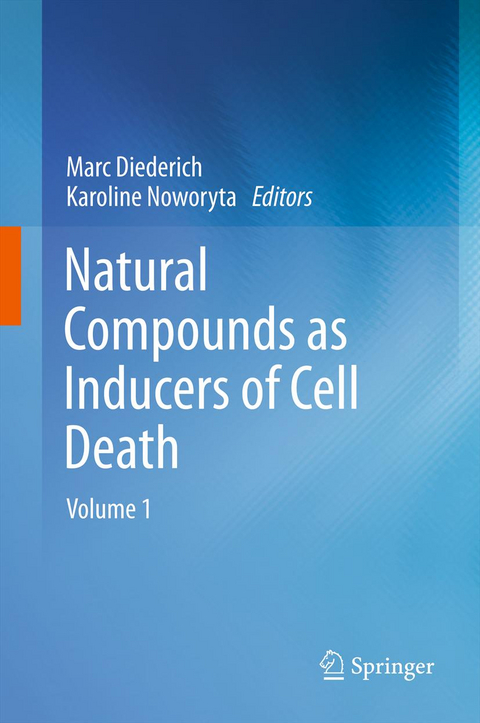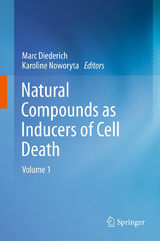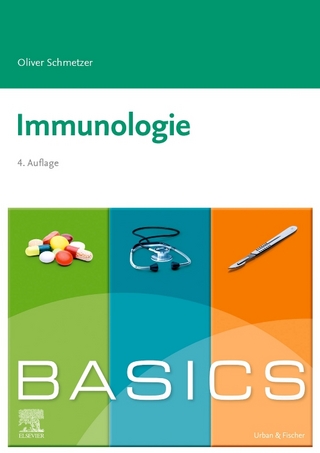Natural compounds as inducers of cell death
Cancer still remains a most important killer and even though synthetic chemotherapeutic agents are currently used, they are cost-intensive and do not always meet the expectations.
In parallel, there is increasing evidence for the potential of nature-derived compounds on the inhibition of different steps of cancer initiation, promotion and progression.
We believe that all diseases can be found in Nature but that Nature also provides the efficient cures as said the Prophet of Allah: “Allah did not create any illness without also creating the remedy”.
The content of this book gives a multi-disciplinary approach into the anti-cancer research field related to natural products and dietary compounds. Mainly, it covers the area of antitumor activity through an in-depth description of the cytotoxic, anti-inflammatory and anti-oxidant properties in cancer, inflammatory and cardio-vascular diseases. The cell death inducing mechanisms (apoptosis, anti-proliferative activity, angiogenesis, cell cycle control, cytostatic property and autophagy) give an overview of how natural products are able to target cancer cells.
We believe that all diseases can be found in Nature but that Nature also provides the efficient cures as said the Prophet of Allah: “Allah did not create any illness without also creating the remedy”.
The content of this book gives a multi-disciplinary approach into the anti-cancer research field related to natural products and dietary compounds. Mainly, it covers the area of antitumor activity through an in-depth description of the cytotoxic, anti-inflammatory and anti-oxidant properties in cancer, inflammatory and cardio-vascular diseases. The cell death inducing mechanisms (apoptosis, anti-proliferative activity, angiogenesis, cell cycle control, cytostatic property and autophagy) give an overview of how natural products are able to target cancer cells.
Section 1, Phytochemicals as inducers of cell death mechanisms.- 1. Phytochemicals and Amino Acids: Inducers or Inhibitors of Cell Death?.- 2. Pomegranate-derived constituents as inducers of cell death: implications in cancer prevention and therapy.- 3. Antitumor effects of anthocyanins: focus on apoptosis.- 4. Anti-proliferative and apoptosis-inducing properties of Xanthohumol, a prenylated chalcone from hops (Humulus lupulus L.).- 5. Bioavailabitility and Metabolism of Curcuminoids. Section 2, Natural compounds from animal origins.- 6. Melatonin in cell fate decisions: mechanistic perspectives and therapeutical potential.- 7. Pharmacologically active compounds from ticks and other arthropods and their potential use in anticancer therapy. Section 3, Polyphenols as inducers of cell death.- 8. Induction of Apoptosis by Polyphenolic Compounds in Cancer Cells.- 9. Encapsulation of natural polyphenols with antioxidant properties in polyelectrolyte capsules and nanoparticles.- 10. Inductionof Cell Death Occurring with Autophagy by Polyphenolic Compounds in Cancer.- Section 4, Redox active natural compounds.- 11. Total antioxidant capacity: a useful tool in assessing antioxidant intake status.- 12. Natural sulfur products as redox modulators and selective inducers of cell death.- 13. Diallyl sulfides and the decision about life and death of a cell.- Section 5, Effect of natural compounds on cell cell signaling pathways.- 14. Natural compounds as specific inhibitors of cyclin-dependent kinases — past, present and future.- 15. Plant-derived isoprenoids mediate regulation of mTOR signaling in tumor cells.- 16. Regulation of MicroRNAs by Natural Compounds: Implications for Cancer Therapy.- Section 6, Phytochemicals in inflammation and cancer.- 17. Interference with estrogen receptor-α by dietary components: impact on the balance between cell proliferation and cell death.- 18. Natural Triterpenoids from Olive Oil: Potential Activities Against Cancer.- 19. Dietary sources of natural inducers of cell death: considerations for cancer therapy and prevention.- Section 7, Phytochemicals in health and disease.- 20. Tocotrienols in the control of pathological fibroinflammatory processes.- 21. Anthocyanins: Janus nutraceuticals displaying chemotherapeutic and neuroprotective properties.- Index.
| Erscheint lt. Verlag | 1.9.2012 |
|---|---|
| Zusatzinfo | X, 518 p. |
| Verlagsort | Dordrecht |
| Sprache | englisch |
| Maße | 155 x 235 mm |
| Themenwelt | Studium ► Querschnittsbereiche ► Infektiologie / Immunologie |
| Naturwissenschaften ► Biologie ► Zellbiologie | |
| ISBN-10 | 94-007-4574-5 / 9400745745 |
| ISBN-13 | 978-94-007-4574-2 / 9789400745742 |
| Zustand | Neuware |
| Haben Sie eine Frage zum Produkt? |
aus dem Bereich




